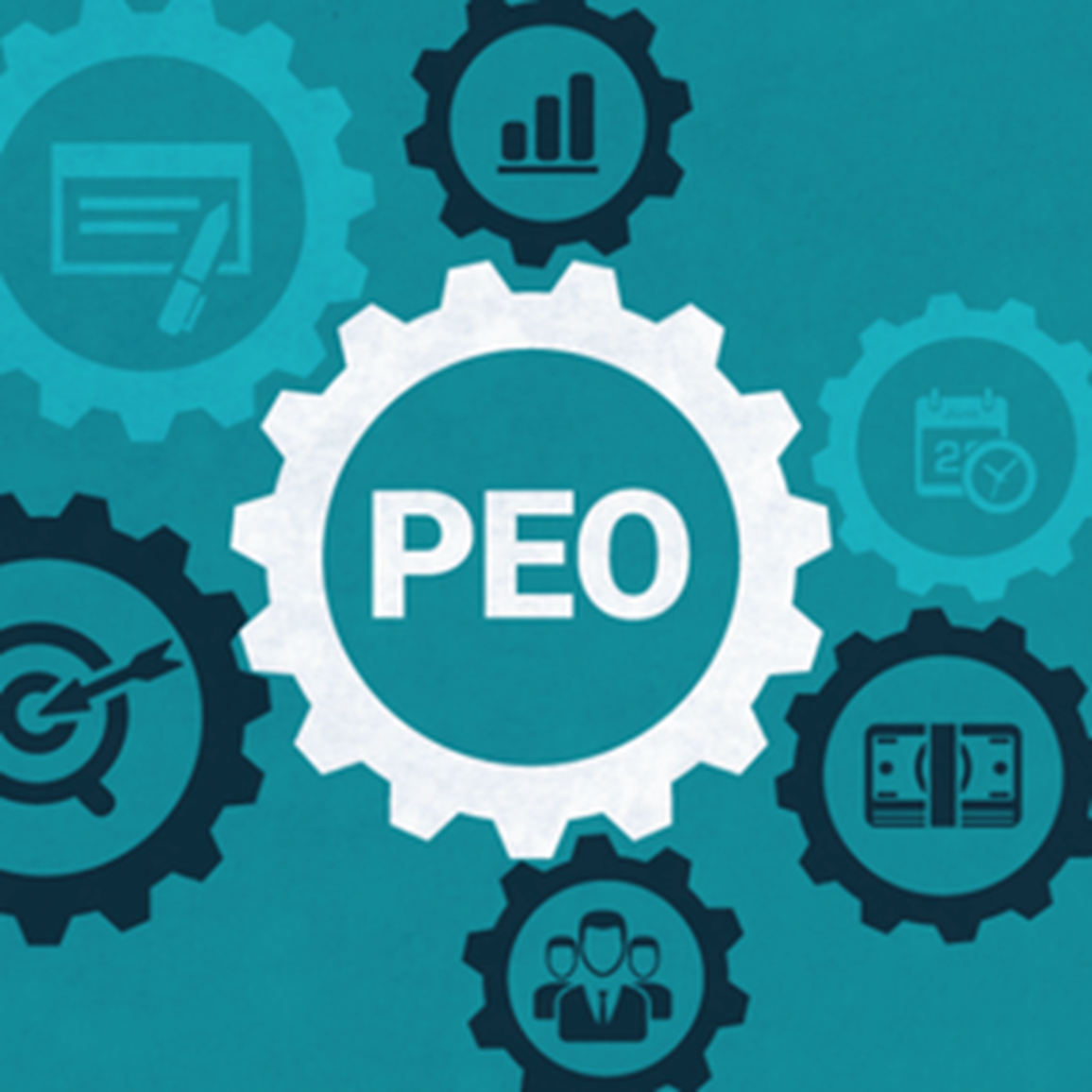
PEOs offer enticing packages for small businesses, but joining one carries some major drawbacks that you may not be aware of.
By Larry Kagan, Founder & CEO, Baron Payroll
Your costs for health insurance keep rising. In addition, paying for state unemployment taxes and workers' compensation insurance puts a big hole in your wallet.
In looking for a way to manage these costs, you found something called a Professional Employer Organization. It's enticing – you think it could save you money on these major line items and ease some of your stress.
Outsourcing these headaches is a huge decision and one with lots of implications that you may not immediately realize.
Entering into a PEO contract includes changes to how your business operates that may not work for you and could cost more in the long run.
A full-service payroll company like Baron can provide many of the same services without an overpowering contract while allowing you to maintain full control of your business.
What is a PEO?
You may have heard these three little letters but not understood what, exactly, a PEO is.
As a small business, you would outsource many of your functions to the Professional Employer Organization, including employee benefits, human resources, payroll, and regulatory compliance.
The PEO becomes the employer of record for your employees, and they become your federal tax ID number. You enter into a co-employment arrangement, where you still handle the day-to-day, and the PEO controls the administrative issues.
The PEO charges an administrative fee ranging from hundreds to thousands of dollars per employee per year.
What entices people to join a PEO
Small businesses typically join PEOs to save money, access better benefits, and reduce headaches from tasks owners don't always enjoy doing.
Health insurance costs continue to rise each year, and it's understandable that a small business would try to find ways to save money on these costs, which can be one of the biggest expenses for a company.
By joining a PEO, you can become part of a larger pool of people, thus likely decreasing your health insurance costs. Of course, the same can be true for other elements the PEO offers, but the main draw we hear from people is the health insurance.
For some who join PEOs, the cost savings last only one year. If the insurance gets used heavily, or just if the PEO decides, the insurance costs can rise dramatically during the second year, potentially negating any cost savings from pooling.
And when you factor in the administrative fees charged, the cost savings are erased.
The drawbacks of a PEO
Joining a PEO means losing some of your control as an employer. And if you're like most entrepreneurs, you started your business to do things your own way.
You have to sign a contract that tends to tilt in favor of the larger PEO. On paper, the PEO is the employer. That means you have to be beholden to labor laws and regulations that apply to larger employers, like the Family Medical Leave Act and the Affordable Care Act, even though your employee count hasn't changed.
There can be hidden costs, like fees, that you haven't fully factored into making the switch. In addition, the potential benefits may be short-lived, as some who switched to get a better deal on insurance finds out after their first year in a PEO.
The PEO may not offer HR and timekeeping solutions that work for your business. In addition, they likely don't have in-depth, on-the-ground experience with New York State laws and regulations, which are numerous and complex.
Additionally, joining a PEO means losing your good history or "experience ratings" with your insurance carriers. For example, if you've had good records with workers' comp and unemployment usage, becoming part of a PEO will not take these good histories into account and may no longer translate into cost savings for your company.
What Baron offers instead
At the end of the day, PEOs can cost a fortune, and the drawbacks may outweigh the benefits.
One-size-fits-all doesn't mean you're getting the best possible services that your business needs to thrive.
To save money on insurance without the unintended consequences, small businesses can find a smart insurance broker who will find them the best available rates and customize insurance that makes sense for their business.
And instead of relinquishing control of your business to a PEO, you can work with us at Baron and maintain your power to make all the important decisions for your business.
Baron doesn't require onerous contracts, and we won't force you to do things you don't want to do. For example, we will never tell you to fire your best employee because their workers' comp rate is off the charts.
A PEO may seem like an exciting, easy way to go, but for many small businesses, they're just a shiny object.

